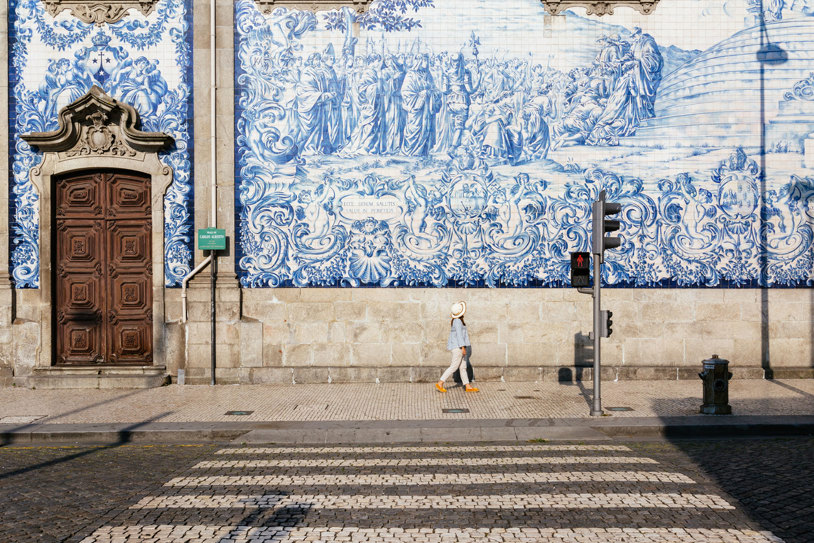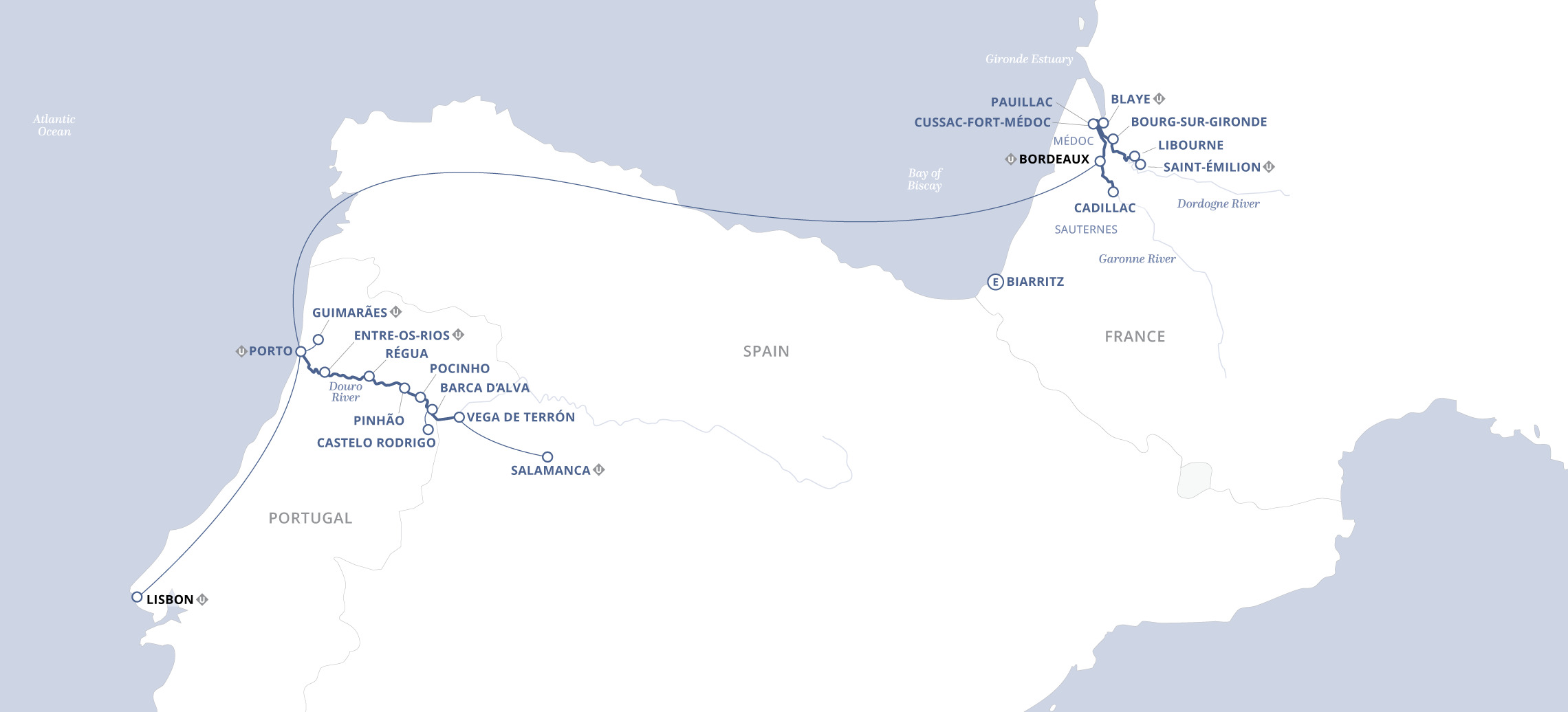Explore the timeless sounds of Fado music, a Portuguese tradition rich in history, emotion, and cultural heritage on select Portugal vacations.
Fado Music in Portugal
The Cultural Heartbeat of Lisbon and Coimbra

The Origins and Meaning of Fado
Fado is one of Portugal’s most enduring and emotionally resonant cultural traditions. Recognized by UNESCO as Intangible Cultural Heritage, Fado is a genre of music that captures the essence of longing, nostalgia, and the deeply rooted Portuguese concept of saudade. Originating in the early 19th century in the working-class neighborhoods of Lisbon, Fado was initially performed in taverns and small gatherings, often expressing sorrow, the pain of separation, and the fate of those at sea. Over time, Fado evolved into a sophisticated and respected art form, closely tied to Lisbon’s identity. Today, the music continues to serve as a cultural bridge connecting generations, and its haunting melodies and poetic lyrics remain a source of national pride. The singer, known as the fadista, performs with raw emotion, accompanied by a classical guitar and a Portuguese guitarra, producing a sound that is instantly recognizable and deeply moving.
What Does Saudade Mean in Portuguese?
Saudade is a deeply rooted concept in Portuguese culture, often described as a profound sense of longing, nostalgia, or emotional yearning for something or someone that is absent. It goes beyond simple melancholy and captures the bittersweet feeling of missing a moment, place, or person while holding on to the memory of what once was. Although difficult to translate directly, saudade is a central theme in Portuguese literature and music, especially in the expressive songs of Fado. It reflects a worldview shaped by centuries of exploration and separation, paired with a poetic appreciation for memory and impermanence.
Lisbon and Coimbra: Two Distinct Styles of Fado
The Lisbon Style of Fado
There are two primary styles of Fado, each associated with a specific region and cultural tradition. Lisbon Fado is the most widely known form and is often performed by female vocalists in intimate venues called casas de Fado. These performances are characterized by dramatic expression and a personal connection between the singer and the audience. The lyrics often focus on themes of love, heartbreak, and the daily struggles of life, delivered with powerful vocal intensity.
The Coimbra Style of Fado
Coimbra Fado, by contrast, is rooted in the academic traditions of the University of Coimbra and is typically performed by male students or alumni. It has a more refined tone and is considered more formal, with performances often taking place outdoors or in academic settings. Coimbra Fado focuses on themes such as knowledge, youth, and the passage of time. Unlike Lisbon Fado, applause is traditionally withheld in favor of silent appreciation. Both styles share the same instrumentation, yet their tone, delivery, and lyrical themes offer a rich glimpse into Portugal’s regional and cultural diversity.
Fado’s Cultural Role and Preservation in Portugal
Fado is more than a musical genre, it is a symbol of Portuguese identity and an expression of the nation's emotional and artistic depth. The tradition has endured not just through performances but through generations of musicians who have passed down techniques, stories, and songs. Prominent figures such as Amália Rodrigues helped bring Fado to the world stage in the 20th century, while contemporary artists continue to innovate within the genre, blending tradition with modern influence.
Preservation of Fado is an ongoing cultural priority in Portugal. The Fado Museum in Lisbon educates visitors about the genre’s origins and evolution, and local music schools ensure that young musicians continue to learn and perform this distinctive style. By preserving the form and sharing it with the world, Portugal ensures that Fado remains not just a relic of the past but a vibrant and living tradition, an enduring voice of the people, carried forward in song.
Frequently Asked Questions About Fado Music
Fado means "fate" in Portuguese and refers to the emotional and poetic nature of the music, often dealing with longing and destiny.
Fado began in Lisbon in the early 19th century and later developed a second style in the academic city of Coimbra.
Yes, Fado is actively performed across Portugal and continues to be taught, preserved, and innovated by contemporary musicians.
Traditional Fado includes a classical guitar and the 12-string Portuguese guitarra, which gives the music its signature sound.
Yes. Lisbon Fado is more emotional and expressive, often performed by women, while Coimbra Fado is academic in tone and traditionally performed by men.
The option to visit one of the famed local Fado houses for an unforgettable performance and savor a typical Portuguese meal is available on several of our Portugal vacations.






















